Bachelor of Early Childhood Education (Honours) (098150J)

学历文凭
Bachelor Degree with Honours

专业院系
Early Childhood Education

开学时间

课程时长

课程学费

国际学生入学条件
Certain conditions apply. For more information refer to Appendix 4 of the University's Selection and Entry policy.
Applicants are required to meet one of the following criteria with a competitive result, and demonstrate that they fulfil any prerequisite requirements and essential requirements for admission:
Recent secondary education
Meet any prerequisite requirements with a minimum grade of C- or equivalent
AND
Qualify for the South Australian Certificate of Education (SACE), and achieved a competitive Selection Rank (ATAR), or
Complete secondary qualifications equivalent to SACE, or
Complete the International Baccalaureate Diploma with a minimum score of 24 points
Applicants who have not achieved the Selection Rank required for automatic selection may be selected for any remaining places based on the grades of their year 12 subjects.
OR
Higher education study
Complete or partly complete a recognised higher education program at a recognised higher education institution, or
Complete at least four Open Universities Australia (OUA) courses at undergraduate level or above
OR
Vocational Education and Training (VET)
Complete an award from a registered training organisation at Diploma or above
OR
Work and life experience
Qualify for Special Entry, or
Complete a UniSA Foundation Studies program or equivalent, or
Hold completed secondary qualifications equivalent to SACE obtained more than 2 years in the past
IELTS total [7.0] IELTS reading [7.0] IELTS writing [7.0] IELTS speaking [7.0] IELTS listening [7.0].TOEFL PBT -600 with TWE of 5.0. TOEFL IBT - 94 with no band less than 22.
IDP—雅思考试联合主办方

雅思考试总分
7.0
- 雅思总分:7
- 托福网考总分:94
- 托福笔试总分:600
- 其他语言考试:PTE - 65 with no communicative score less than 65.
CRICOS代码: 098150J
申请截止日期: 请与IDP联系 以获取详细信息。
课程简介
相关申请
 预科
预科 奖学金
奖学金 实习机会
实习机会 在校学习
在校学习 跨境学习
跨境学习 校园授课-线上开始
校园授课-线上开始 在线/远程学习
在线/远程学习
开学时间&学费
学费信息仅供参考,请与IDP联系以获取详细信息
| 开学时间 | 时长 | 学费 | 地点 |
|---|---|---|---|
| 暂无 | 暂无 | 暂无 | 暂无 |
学校排名

世界排名201
数据源:
泰晤士高等教育世界大学排名
关于南澳大学

南澳大学(UniSA)是一所全球认可的机构,为来自世界各地的学生提供200多个世界一流的学位。坐落于美好的阿德莱德市的南澳大学拥有两个市中心校园,还有两个大都会校园以及城外的另外两个区域性校园,所有校园都配备了最先进的设施。该大学在研究、就业能力、教学、设施、国际化、社会责任和创新方面被授予了五星,在2019年QS星级评定中达到了五星级总体评分的上限。该机构在优质教育方面在澳大利亚排名第一,并因其对平权的承诺得到了2020年泰晤士高等教育大学影响力排名世界前15名的认可。该大学提供广泛的课程,在全球建校50年以内50强大学排名中位列第29位(2021年QS 建校50年以内50强大学)。大学还拥有由超过6500个学生组成的庞大国际学生社区,近35000个学生团体,并与全球89个合作机构建立了联系。这所年轻且不断发展的机构近年来在基础设施方面进行了总额超过4亿澳元的巨额投资。这使学生可以使用世界一流的学习空间和技术,充分利用大学提供的机会。南澳大学与本地和国际组织合作开发了一系列一流研究,根据2018年澳大利亚卓越研究(ERA)调查,大学被评估的研究中,100%处于世界水平或更高水平。南澳大学被公认为是学术研究人员背景最具国际多样性的澳大利亚大学之一(2021年QS世界大学排名),其教育重点是在与行业紧密联系且全球进取的大学中培养下一代的创新思维。
本校相关课程
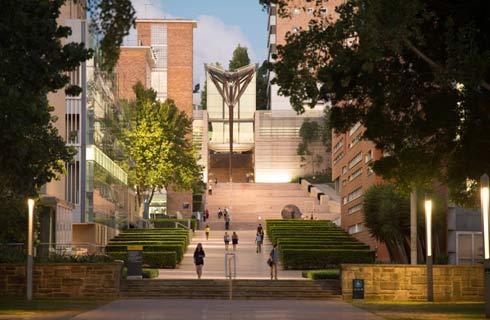
环境科学哲学博士
学历文凭
Ph.D.
开学日期
课程费用总额


土木工程研究硕士
学历文凭
Masters Degree (Research)
开学日期
课程费用总额


机械与制造工程研究硕士
学历文凭
Masters Degree (Research)
开学日期
课程费用总额

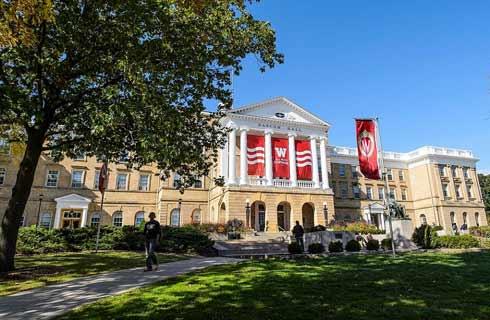
统计研究硕士
学历文凭
Masters Degree (Research)
开学日期
课程费用总额

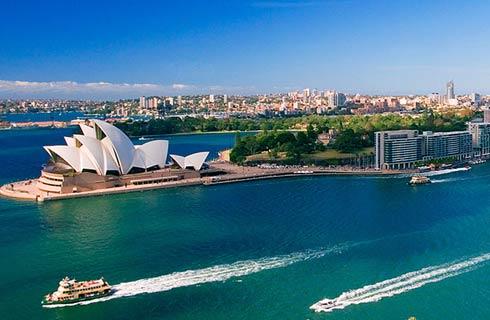
Master by Research Systems Engineering
学历文凭
Masters Degree (Research)
开学日期
课程费用总额


计算机信息科学研究硕士
学历文凭
Masters Degree (Research)
开学日期
课程费用总额

其他相关课程
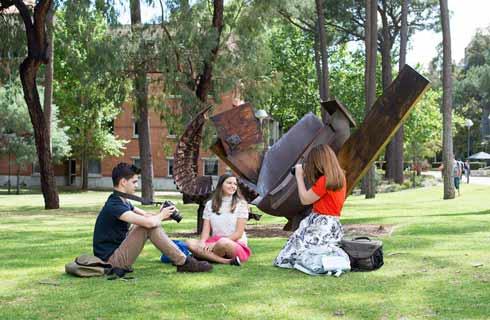
PhD (Graduate Training Assistant)
 爱丁堡龙比亚大学
爱丁堡龙比亚大学泰晤士高等教育世界大学排名:645
学历文凭
Ph.D.
开学日期
课程费用总额


PGDE Education (Primary)
 格拉斯哥大学
格拉斯哥大学泰晤士高等教育世界大学排名:84
学历文凭
Graduate Diploma
开学日期
课程费用总额

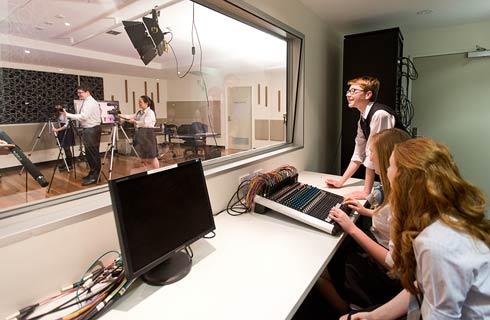
MLitt Centre for Excellence in Learning and Teaching
 爱尔兰国立高威大学
爱尔兰国立高威大学学历文凭
Masters Degree (Research)
开学日期
课程费用总额

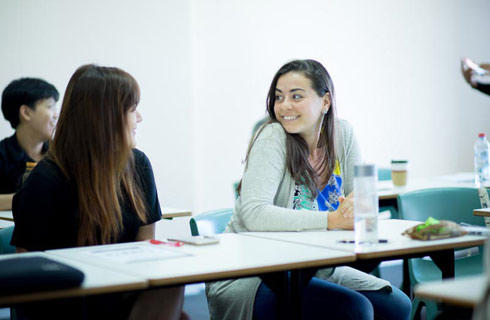
幼儿发展和学习高级国家证书(CU Scarborough)
 考文垂大学
考文垂大学泰晤士高等教育世界大学排名:637
学历文凭
Undergraduate Certificate
开学日期
课程费用总额

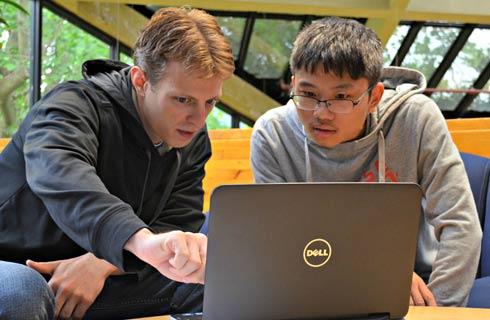
Master of Education - Early Childhood Studies
 格里菲斯大学
格里菲斯大学泰晤士高等教育世界大学排名:258
学历文凭
Masters Degree (Coursework)
开学日期
02 March 2026
课程费用总额
AUD 72,000


PGCE Computer Science Secondary Education
 桑德兰大学
桑德兰大学学历文凭
Graduate Certificate
开学日期
课程费用总额










